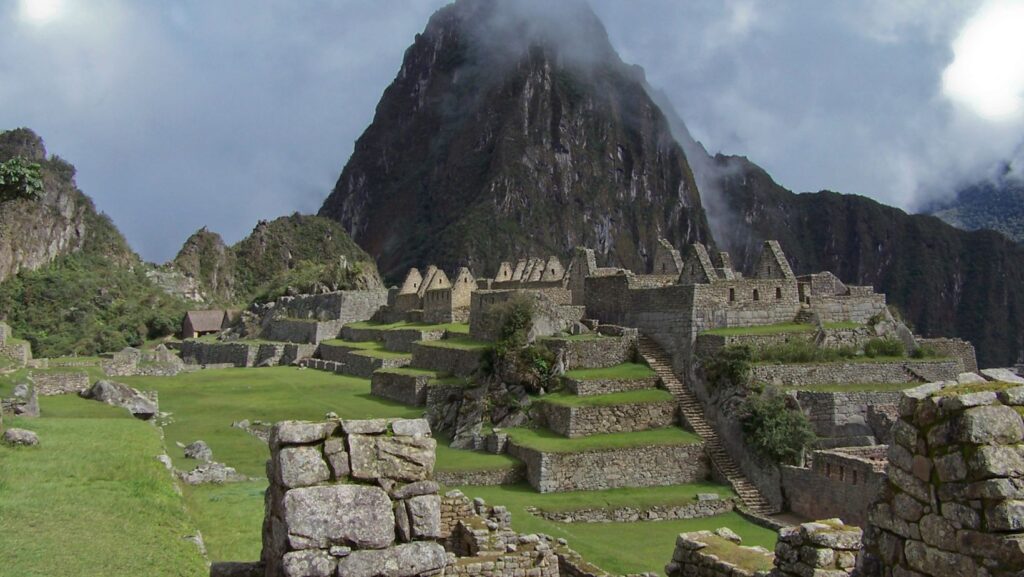In the vast expanse of our universe, there’s a world full of wonders waiting to be discovered. From the smallest microorganism to the largest galaxies, every aspect of our existence holds a mystery that’s begging to be unraveled. This article delves into the fascinating realm of ‘world of wonders’ research, a field that continues to astound and inspire us.
World of Wonders Research

Building on the notion of World of Wonders research, it’s clear that this discipline goes beyond merely appreciating nature’s marvels. In fact, it involves rigorous scientific study. At its core, this research focuses on unraveling the enigmas of our universe—microbes’ behaviors to cosmic structures.
Delving deep into this research, it encompasses diverse fields. For instance, microbiology probes into cellular marvels, while astrophysics deciphers other celestial mysteries. Multi-dimensional in its approach, it integrates various study domains, linking them in an all-encompassing matrix of knowledge.
Acting as a bridge, this research creates a connection – it ties the insignificantly small to the incomprehensibly vast. Broadening our perspectives, it highlights Earth’s interconnected ecosystem and our cosmic location, providing insights into our collective role and significance.
However, World of Wonders research doesn’t promise easy answers. The inherently complex nature of these investigations means the quest is as inspiring and challenging as the discoveries themselves. Yet, it’s precisely this aspect that makes the discipline so enticing, engaging, and enriching, captivating the minds of researchers worldwide.
Background and Origin of World of Wonders Research

Serving as a pinnacle in the world of science, World of Wonders research traces its beginnings to the early curiosity of mankind. This discipline expanded rapidly in the last century, harnessing advancements in technology. It all started with the desire to understand the mysteries of the universe, a spark ignited by the simple observation of celestial bodies to complex decoding of microorganisms. The intriguing elements of Earth’s biodiversity and outer space contributed immensely to the birth of this comprehensive research domain.
Astrophysics and microbiology, despite their distinct dimensions, found common ground in this research area. The first explorations targeted the understanding of the vast cosmos and minute living things. The work of figures like Copernicus and Leeuwenhoek, who pioneered the study of outer space and microorganisms respectively, became an integral part of this research field. It’s through their breakthroughs, smoldering dedication, and thirst for knowledge that today’s World of Wonders research attributes its roots. Testament to its interdisciplinary nature, evolution over centuries has incorporated various scientific sectors into this study, deepening our knowledge of the universe.
Key Elements of World of Wonders Research

Diving into the intricacies of world of wonders research uncovers three pivotal components. Firstly, the reliance on interdisciplinary cooperation, where varied scientific fields like microbiology and astrophysics converge, forms the backbone. Secondly, the integration of advanced technology is crucial, aiding in the analysis from cosmic bodies to microscopic organisms. Lastly, the contributions of pioneers in the field, such as Copernicus and Leeuwenhoek, ground its historical foundation. These cornerstones provide a solid platform for understanding our universe better, discovering secrets of nature, and uncovering our cosmic position, making this realm of research not just enthralling, but fundamentally important to science.
Application of World of Wonders Research
Through the lens of ‘world of wonders’ research, it’s clear that understanding our universe is a complex yet rewarding endeavor. It’s a field that not only quenches our thirst for knowledge but also unravels the intricate threads linking us to the cosmos. The fusion of disciplines like microbiology and astrophysics, the use of cutting-edge technology, and the insights of past pioneers all play crucial roles in this quest. They’ve helped us get closer to deciphering the enigmatic code of our existence.
While the challenges are immense, they’re part of the allure that keeps scientists worldwide engrossed in this research. They’re ceaselessly pushing boundaries, making groundbreaking discoveries that continually redefine our understanding of our place in the universe.

